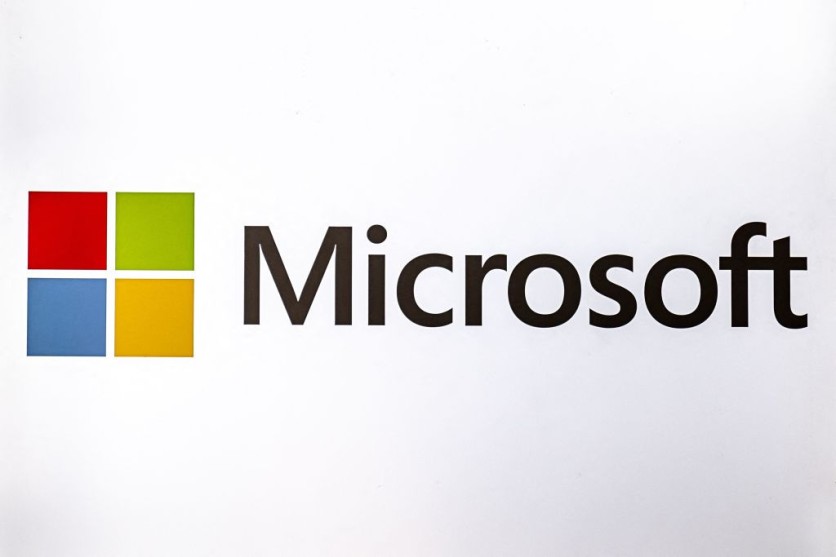The European Commission has initiated an antitrust probe into Microsoft to determine if it bundled its Teams video and chat app with some of its other products, breaching the EU's competition rules.
The investigation focuses on examining whether Microsoft tied or bundled its communication and collaboration product, Teams, with its widely used Office 365 and Microsoft 365 suites for businesses.

Microsoft's Incorporation of Teams
Teams, a cloud-based communication and collaboration tool, offers various features like messaging, calling, video meetings, and file sharing.
It integrates Microsoft's own workplace tools and third-party applications, catering to the growing demand for remote working and cloud-based software solutions during the COVID-19 pandemic.
The shift towards remote work has accelerated the adoption of cloud-based software, allowing customers to access various applications from different providers through subscription models, eliminating the need for in-house data centers. Platforms such as Zoom, Google Meet, and Teams have become popular since the pandemic.
The concern raised by the Commission revolves around Microsoft's incorporation of Teams into its well-established cloud-based productivity suites, which are popular among business customers.
The fear is that Microsoft's actions may impede competition in the European Economic Area (EEA) for communication and collaboration products, potentially limiting customers' choices and interoperability between Microsoft's suites and competing offerings.
If proven, such practices could be considered anti-competitive tying or bundling, preventing suppliers of other communication and collaboration tools from competing fairly in the EEA and ultimately affecting customers.
Read Also : EU's Digital Services Act Names Tech Companies That Must Follow its Latest Rules; Violators To Be Fined
Complaint Filed by Slack
The EU's investigation was prompted by a complaint filed by Slack Technologies, Inc. on July 14, 2020, alleging that Microsoft unlawfully tied Teams to its dominant productivity suites.
The investigation is conducted under Article 102 of the Treaty on the Functioning of the European Union (TFEU), which prohibits the abuse of a dominant market position that may hinder competition and trade within the EU.
There is no specific timeline for concluding an antitrust investigation, as various factors influence its duration, including the case's complexity, the level of cooperation from the companies involved, and the exercise of defense rights.
As the investigation unfolds, all stakeholders will closely monitor the proceedings and await the Commission's findings. The outcome of this investigation could have significant implications for Microsoft and the broader landscape of communication and collaboration tools in the EU market.
"Remote communication and collaboration tools like Teams have become indispensable for many businesses in Europe. We must therefore ensure that the markets for these products remain competitive, and companies are free to choose the products that best meet their needs," Margrethe Vestager, the EU's executive vice president in charge of competition policy, said in a statement.
"This is why we are investigating whether Microsoft's tying of its productivity suites with Teams may be in breach of EU competition rules," she added.
Related Article : Microsoft CEO Nadella Aims to Remove Xbox Exclusives, Blaming Sony for Defining Market, Competition

ⓒ 2025 TECHTIMES.com All rights reserved. Do not reproduce without permission.




